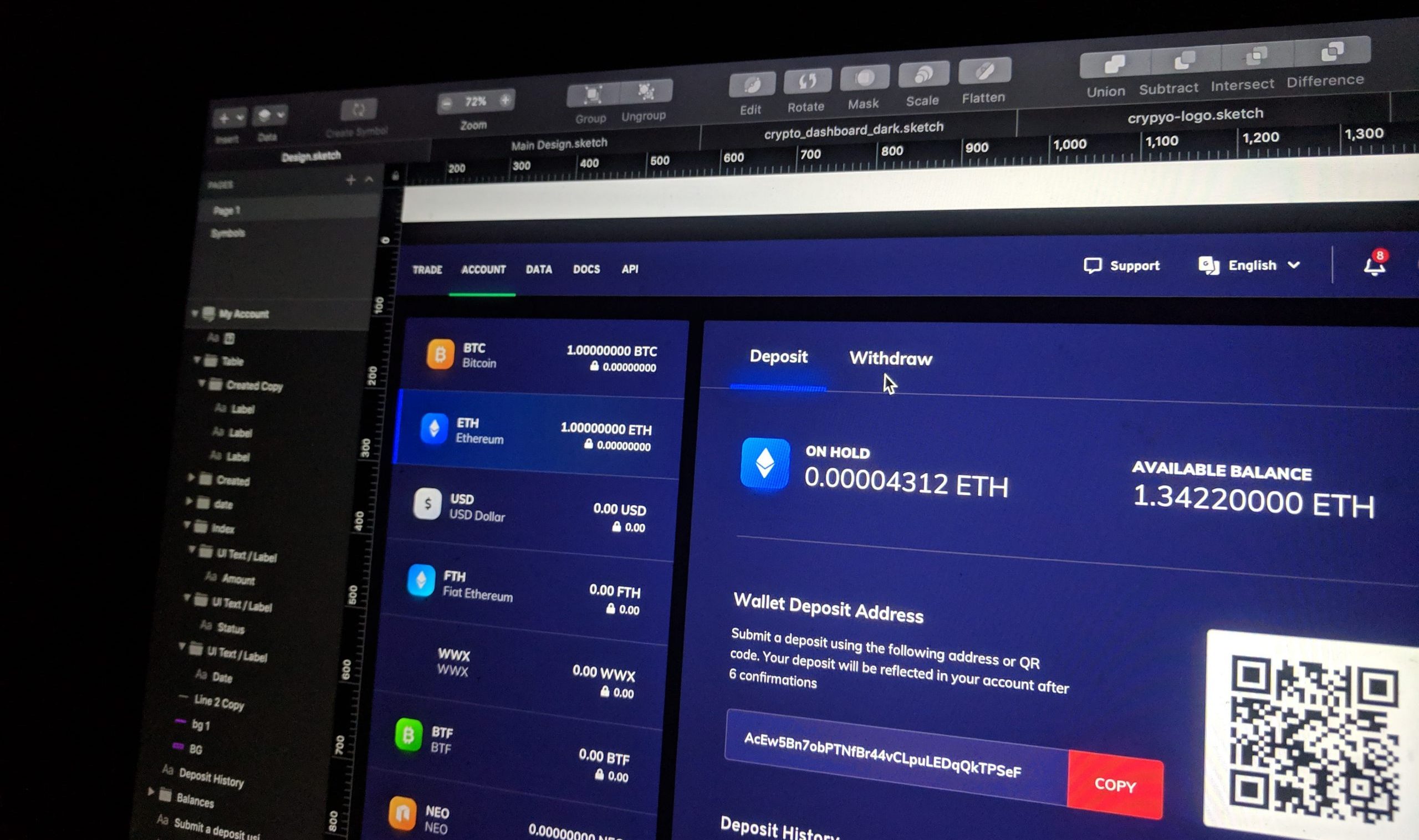软件钱包
软件钱包可以是网络、桌面或移动端。它们中的大多数都以某种方式连接到互联网上,而且本质上是热钱包。以下是最常见钱包的介绍。
您可以使用网络钱包通过浏览器界面访问区块链,而无需下载或安装第三方软件。这适用于交换所的钱包,以及任何其他基于浏览器的钱包。
这类钱包的例子Cryptopay、Blockchain,、CoinKite、BitGo、SpectroCoin、Coinbase wallet等。
在大多数情况下,您可以创建一个新的钱包并设置一个个人密码来访问它。但是,有些公司代表您管理私钥。这对于没有经验的用户来说似乎更方便,但安全性较差。如果您不拥有私钥,则将您的资金委托给另一方。为了解决这个问题,许多基于网络的钱包允许您完全或通过一般控制(通过多重签名)来管理密钥。事实上,如果他们入侵交易所,那么很有可能所有钱包也会被黑客入侵。
硬件钱包
硬件钱包是一种物理电子设备,它随机生成数字(RNG)来创建公钥和私钥。钥匙存储在互联网上。因此,该设备是最安全的设备之一。
尽管这些钱包对各种攻击提供了更高级别的保护,但这类设备的弱点是各种固件故障。此外,与热钱包相比,硬件钱包更难获得资金,因此不太方便。
这类钱包的例子Ledger、Trezor、Keep Key和CoolWallet。
如果您打算长期保留加密货币以及大笔资金,则应考虑使用硬件钱包。 当前,这些钱包中的大多数都允许您设置PIN码以及助记词,以便在设备丢失时使用。
纸钱包
纸钱包是一张纸,上面以二维码的形式打印公共地址和私钥。然后可以扫描这些代码进行数字加密货币交易。
有些网站允许您从纸钱包下载代码,以便离线生成新地址和密钥。因此,该钱包对黑客攻击具有很强的抵抗力,可以被认为是其冷对手的替代品。纸钱包的主要缺点是不适合部分汇款,而只适合全部余额的汇款。
纸钱包可以在BitAddress纸钱包生成器上创建。当您在一段时间内不打算接触一个相当可观的金额时,您就会需要这样一个钱包。也就是说,你不打算参与交易操作,也不打算将其转让给某人。
我们认为,硬件钱包目前是最安全的,它们的成本通常在60美元到120美元之间,这是非常小的安全费。
如果您长期持有资金,那么物理硬件钱包是最佳选择。 如果您使用数字加密货币进行快速和小额转账(例如到交换平台),则可以使用常规的在线钱包。





